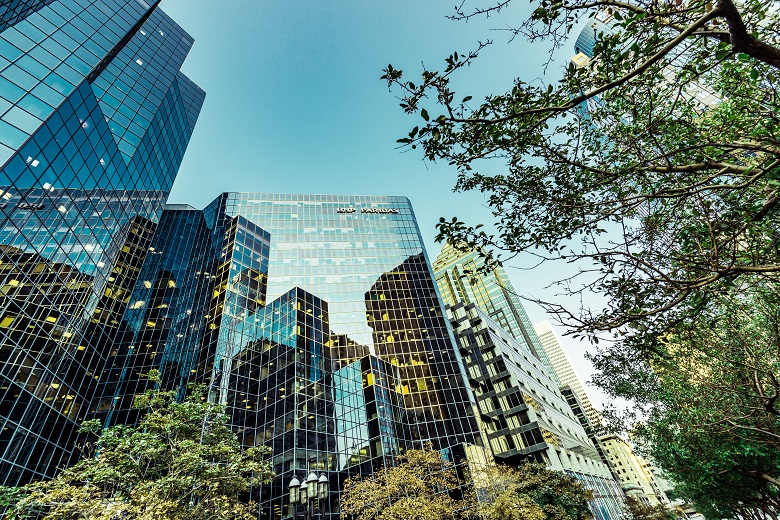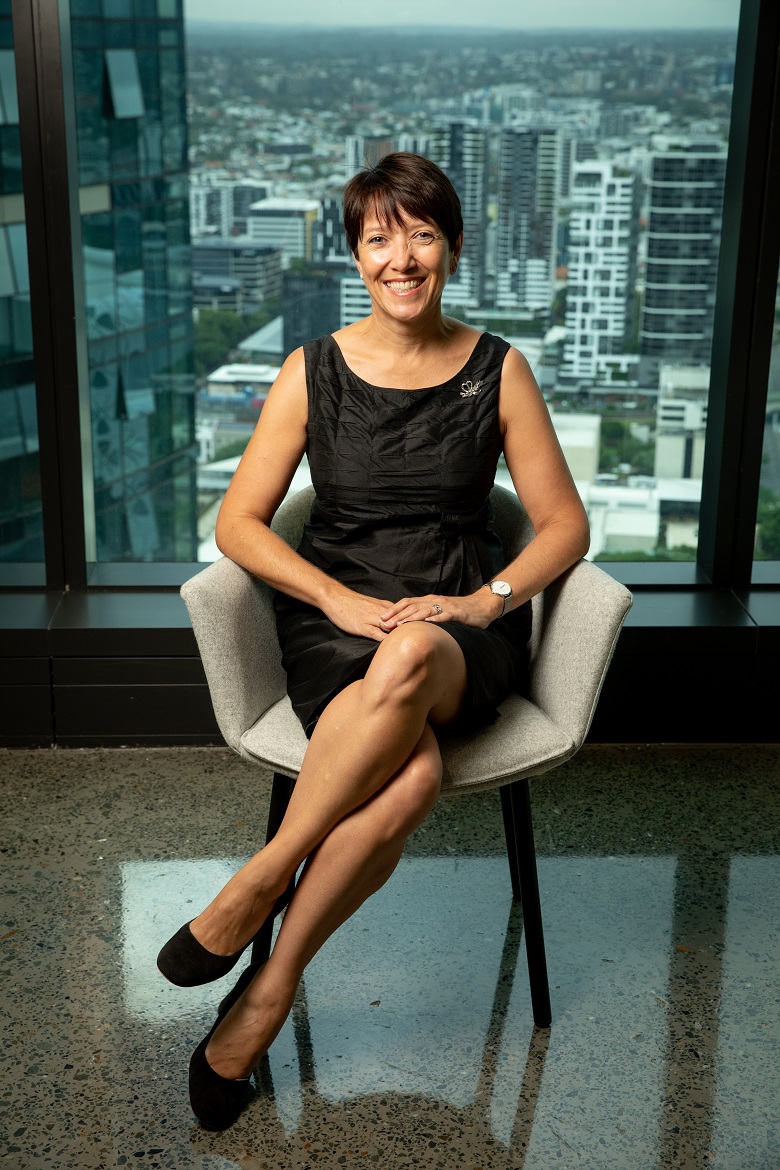
Australian cities rank highly on a global stage and are growing faster than ever before – however the thinking behind them has arguably stagnated and they may not be ‘mission fit’ to compete successfully in the face of increasing international competition, writes Kate Meyrick.

The gap between those cities that are well positioned for success and those that will struggle in the new economic age of knowledge and ideas is growing. Cities such as Singapore, Stockholm, Montreal, Vienna, Madrid and, despite Brexit, London are successful because they made brave decisions ten years ago and have delivered on a powerful long-term vision – something which Australian cities are yet to do, consistently. The recent environmental crisis facing the country must galvanise new thinking about the future resilience and lived experience of our cities.
In my view, there are five clear opportunities for Australia to re-ignite momentum around a new urban agenda.
City coalition: a successful city is a shared responsibility
All levels of Government, by necessity, focus on immediate challenges and opportunities. To enhance the future performance of our cities and safeguard the quality of life they offer, we need to look beyond short-term political and capital cycles – investing in the ambitious long-range thinking needed to ensure future success. This is a collective responsibility and it demands enlightened and collaborative mechanisms to enable deep engagement with the organisations, institutions and individuals who invest heavily in our cities and have a long-term stake in their success.
Intelligent stewardship: investing in evidence-based decision making
We need to gather and harness data to take the guess work out of effectively developing and managing our urban areas. Creating both a more dynamic and longitudinal understanding of the assets that we have and how hard they are working for us – improving tactical and strategic decision making at all levels and across sectors.
Build our unique identity: being more like ourselves and less like everywhere else
Our cities should continue to invest in building strong and singular identities. The current bushfire crisis calls to account a historical over-reliance on natural assets to drive our quality of life and visitor appeal. It is critical that we continue to invest strongly in cultural opportunity, place experience and urban amenity to enrich the lived experience of our cities as well as the image that we project to the world about what it means to be Australian.
Focusing on urban resilience
Food, water and energy security are growing challenges across all urban areas, without radical intervention they will eventually place a hand-break on both population and economic growth. We need to rise above the climate change debate and focus on incubating new ways of safeguarding these urban fundamentals.
Rebuild trust
Similar to every developing world nation, Australia is entering a new era of social scepticism, where the trust we have in each-other, our institutions and governments is breaking down. Last year saw this powerfully evidenced through the banking royal commission and the legacy of quality issues in the construction sector.
As a nation, we need to focus on rebuilding this trust and as community leaders, engage openly and deeply with our constituents to re-establish our social licence to operate. One solution is to be more transparent about the challenges facing our cities and create a dialogue about the choices we are making for the future – outside of the often emotional touchpoints of our planning system.
There are so many opportunities for Australia if we make bold decisions today and plan with intentionality for our long-term future. The role of government is all about supporting our cities to collaborate, share knowledge across borders and grow stronger together; with Australia’s growing population and huge land mass we can’t afford to have a divisive approach. It is time for our cities to stop competing with each other and consider instead working together to progress an overarching agenda that will enable us to compete more effectively on a global scale.
Kate Meyrick is Future State Director at Urbis
Comment below to have your say on this story.
If you have a news story or tip-off, get in touch at editorial@governmentnews.com.au.
Sign up to the Government News newsletter
Is it possible that, in a world driven by internationalism and competition, Australian cities lose perspective on how to be their best? The great cities of the world were established long before globalisation and the internet; they responded to their own citizens’ needs and made the most of their strengths and resources. Although Australia needs to look outwards too, to try and shape our cities according to what future citizens want and need, I think we need to get a better handle on who we are before we can adapt effectively. This is tricky given our relative youth and constantly shifting demographics. So we need to work out how to build cities that embrace and reflect Australia’s shifting, flexible people and values.